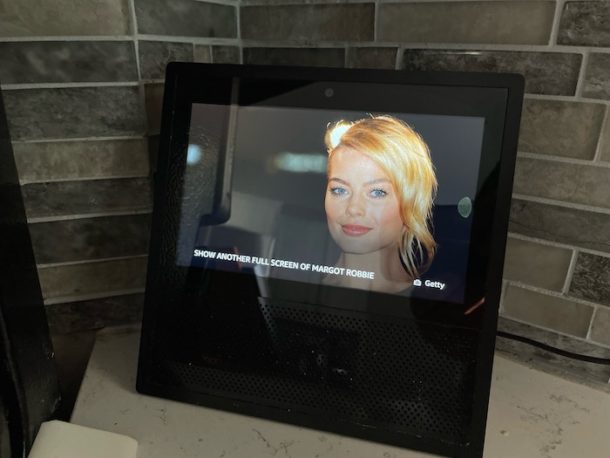With the CES show happening in Vegas recently, it’s clear the global tech companies are looking to advance home automation and connectedness to heights unseen before. Part of my paranoia, however, asks: are these the only things these companies are after?
Boy, we live in some crazy times. Two years into the pandemic and the country is still divided as ever. Pro-mask, anti-mask, pro-vax, anti-vax. Can you blame anyone? I mean, we were told from the beginning that the virus would disappear by the time summer hit, with all of the warmth and sunshine and all of that being outdoors, you know. Problem was, people in the warmer climates were still being affected.
Fast-forward to the vaccines—this will prevent those receiving them from getting the virus, or transmitting it. We know how that’s turned out. But my favorite conspiracy theory along the pandemic hysteria was that the vaccine carried a microchip so the government could track our every movement. “Carl, John is headed over to the Home Depot for some furnace filters!”

Do people still believe this one? Do people realize that they carry something with them at every moment that tracks and monitors their every, single, movement? Yes, we can’t live without our phones, yet they are invasive little buggers. Ever have a conversation with a friend or look something up on Google and the next time you go on social media there’s all of these promoted or suggested posts on Margot Robbie?
The fact is, the more we rely on technology, the more our privacy vanishes. I remember when Google’s Nest came out nearly a decade ago and it was all the rage in the HVAC industry, or people were raging, I can’t recall which. This was going to change thermostats as we had known them. But came with it was, well, Google. Do you think Google cared about your comfort? I’m just asking. There’s no doubt that they wanted your info, and they wanted to know your habits, your movements, your tendencies. I call it the “psychometrics of an individual demographic.”
Recently, I read that Amazon, which basically runs the world of “convenience”—from online ordering to having Alexa write your term papers—and its affordable Amazon Smart Thermostat is Amazon’s first device to receive an ECOLOGO Silver Certification from UL. ECOLOGO Certified products meet standards that demonstrate reduced environmental impact of one or more product life cycle stages and offer credible, third-party certification for the lowered impact of products and services on the environment.
The Amazon thermostat has the brains and gusto behind it, having teamed up with Resideo, which makes Honeywell Home Products. Built with the same Honeywell Home Thermostat Technology that powers Resideo’s thermostats today, Amazon Smart Thermostat is now part of the portfolio that Resideo can operate to help increase grid reliability when communities need it most.
Getting back to my point. Listen, all I can tell you is that I won an Amazon Echo Show a few years back and thought it would be a good idea to put in my bedroom until I had Alexa giving me suggestions for “orchestral maneuvers in the dark,” if you know what I mean.
Yes, as I mentioned, Amazon is a worldwide leader in home automation and making your life easier and more convenient, no doubt about it. Easy and affordable. The reviews are in and consumers are very satisfied with the product. However, since they—Google, Apple, Amazon—aren’t compatible with one another, they are out for your dollar, and data mining world domination. As consumers, we need to be aware of how they want to get there.



